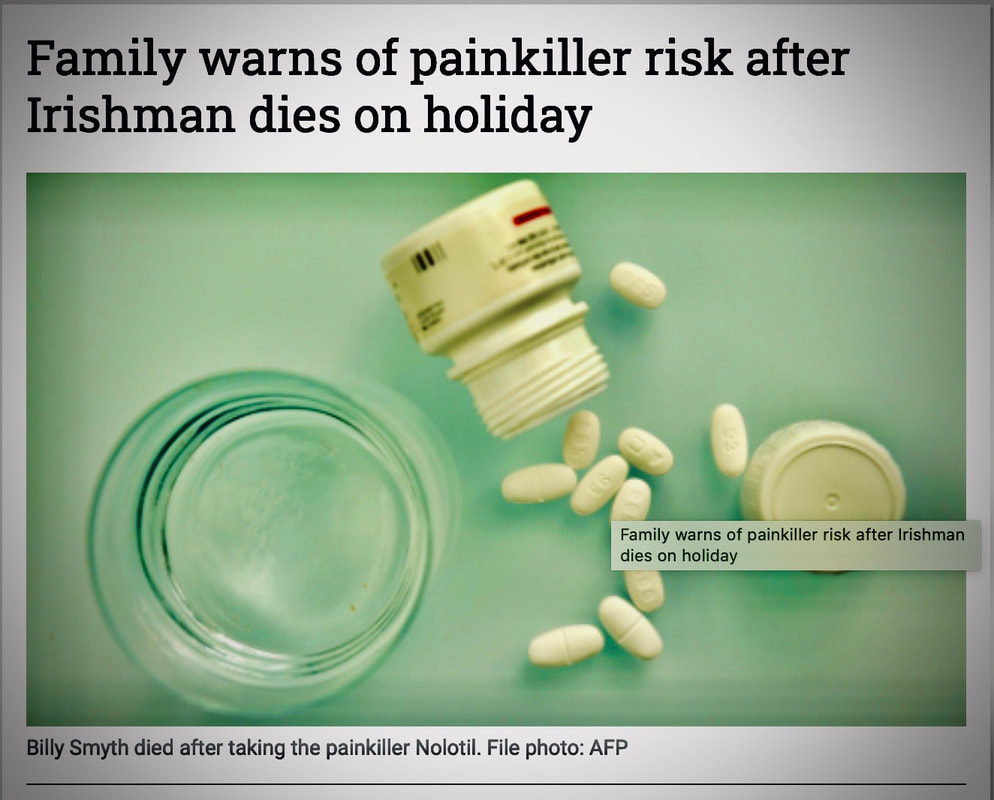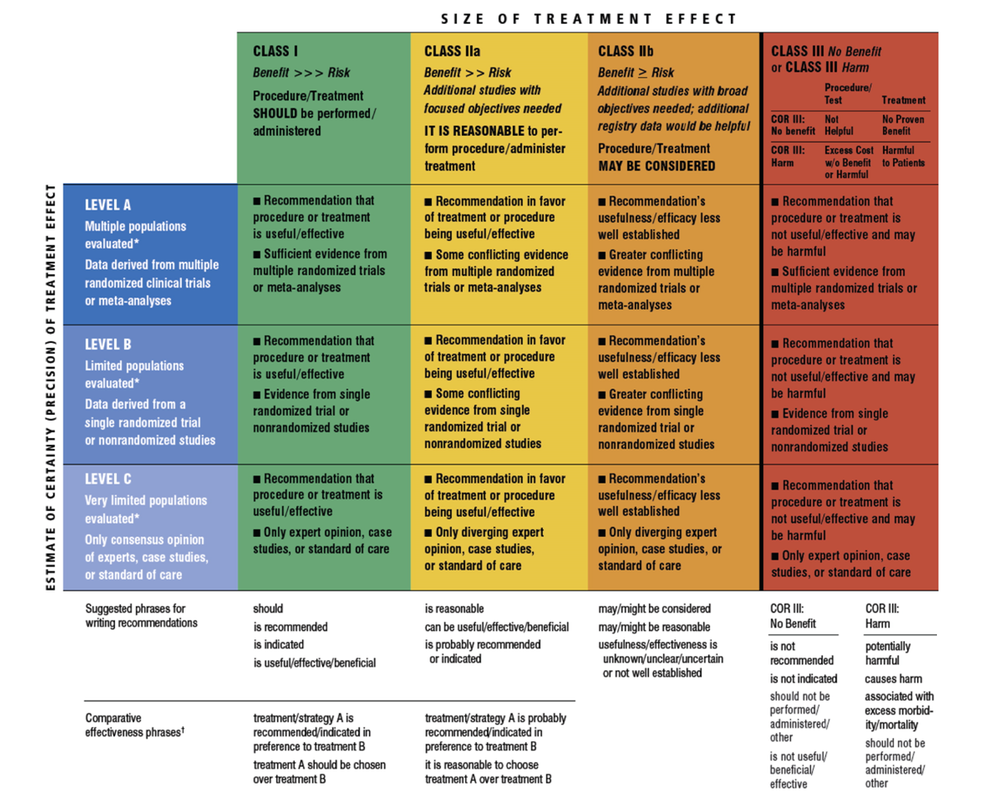|
Many rumours are going around about Metamizole; most of them are full of fear of potential side effects. Some countries like Ireland and GB have banned this drug due to the rare side effect of agranulocytosis. A fact is too that many other countries like Switzerland continue to use Metamizole on a regular basis and find low incidence rates of 0.46-1.63 cases per million person-days of use (2006-2012). Regarding serious side effects associated with other analgesics used (e.g. acute liver failure with Paracetamol, renal failure with NSAID) it is difficult to understand why Metamizole needs to be banned when the others are available over the counter. Get all the information AND literature you need to be prepared and discuss here: https://icurevisited.com/dipyrone-metamizole/ Most Swiss Guidelines recommend never to drain more than 1500ml of pleural fluid when performing a thoracocentesis. The reason is that excessive drainage might cause re-expansion pleural effusion (e.g. www.medstandards.ch). There is not much literature on the safe amount of fluid one can drain, but a clinical practice article on pleural effusions in the New England Journal of Medicine also states that "...in which case therapeutic thoracentesis to remove up to 1500 ml of fluid is indicated." (N Engl J Med 2002; 346:1971-1977). Interestingly there is no evidence supporting this recommendation. Some data suggests that the risk of re-expansion pulmonary oedema might correlate with the baseline size of the effusion, rather than the volume of fluid removed. However, the first results from research start giving us some answers and indicate that removing more than 1500ml of fluids is safe and feasible. Ault M et al. (Thorax. 2015;70(2):127-132.) looked at 9320 patients during 11 years who underwent thoracocentesis and recorded the incidence of adverse events. They were able to show that:
Lentz RJ et al. (Lancet Respir Med. 2019;7(5):447-455.) showed that
All the details and lots of background information are very nicely summarized in this fabulous post on emcrit.org: PulmCrit - Large volume thora: Can we drain 'em dry? Reference
1. Reid C, Rees V, Collyer-Merritt H. Non-septic hyperlactataemia in the emergency department. Emerg Med J. 2010 May;27(5):411–2  "The Critical Care Reviews Book summarises, critiques and puts in context the biggest trials of the year." There is not much more to add. Rob Mac Sweeney and four other intensivists of Northern Ireland try to make the impossible - possible. On 344 pages they have summarised a selection of the maybe most relevant trials concerning critical care of 2016. In regards of all the countless trials published every year this is a fantastic piece of work. Supporting the idea of Free Open Access Meducation this book is free for download and a must for any clinician involved in critial care. Great job lads! The free download is available HERE  This excellent post by Josh Farkas from Emcrit.org resumes nicely on how our daily work sometimes is influenced by fears and not knowledge. If you are worried to give a patient meropenem after he had an anaphylactic reaction to penicillin in the past... then this reading is for you! His Bottom Line comes as follows:
Don't miss out this excellent post: PulmCrit mythbusting - Anaphylaxis to penicillins isn’t a contraindication to meropenem  Doctors get thought many things that must be done in one sort of way and we do many things because we were thought so! Sometimes it is important though to question standard procedures especially as our knowledge grows rapidly over time. It's only a couple of years ago many anaesthetists were thought to insert central lines 'blindly' by using anatomical landmarks. X-rays confirmed line placement, ideally in the lower part of the superior vena cava, and excluded complications like a pneumothorax. Line placement in the right atrium was said to cause cardiac perforation and accidental placement in the contralateral subclavian vein often led to re-insertions of new lines. But important questions remains: Is this all really true? What actually do we know? PulmCrit.org looked into this issue and just posted an excellent little review. Their bottom line is:
Read their post here |
SearchTranslateSelect your language above. Beware: Google Translate is often imprecise and might result in incorrect phrases!
|




 RSS Feed
RSS Feed


